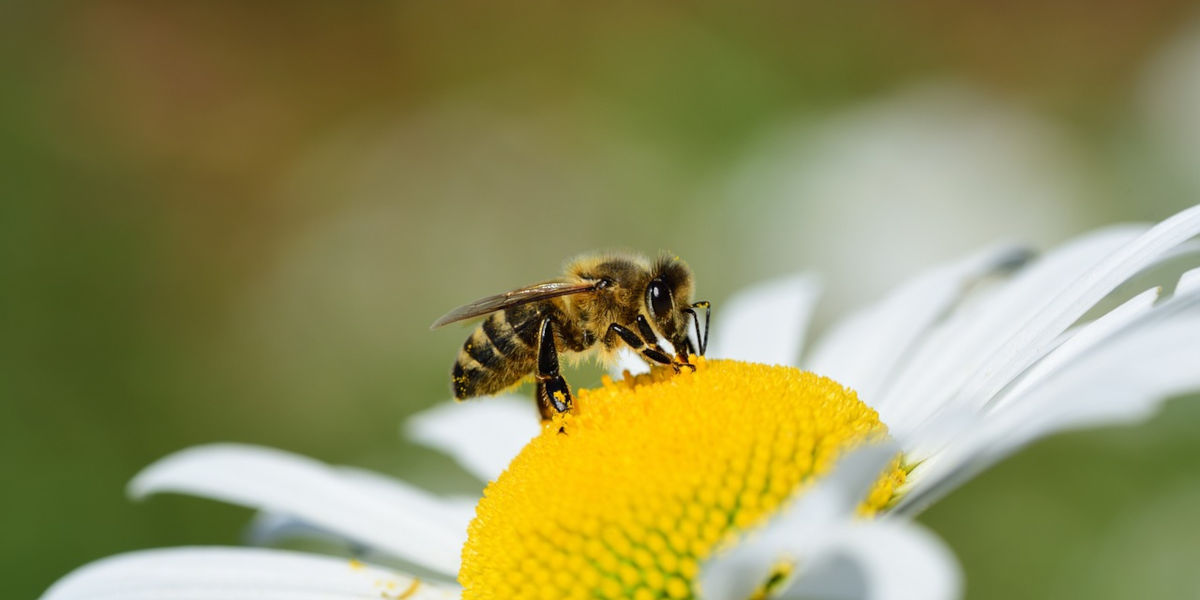The buzzing of bees is a familiar sound, heralding the start of warm weather and blooming flowers. But these tiny creatures do more than just signal the advent of spring. They're responsible for the sweet nectar that many of us love—honey. This incredible process, often termed as 'the sweet science', doesn't just satisfy our sweet tooth, but it also holds an ecological significance. In this article, we will explore how do bees make honey, the importance of bees, and delve into the threats to bee populations.
How Do Bees Make Honey?
Over millions of years, bees have evolved to become master architects and chemists. They construct intricate hives and produce honey, but the process is far more complex than it seems. Honey bees begin their honey production process by visiting a flower and collecting its nectar, a sweet liquid that plants produce.
The nectar isn’t naturally sweet though; instead, it is a mixture of both water and complex sugars. When a bee consumes the nectar, enzymes in the bee's stomach break these complex sugars down into simple sugars. These simple sugars are less likely to spoil or crystallize as opposed to their complex counterparts.
Once the bees have converted the nectar into simple sugars, they then regurgitate it into the honeycombs of their hive. In these honeycombs, water evaporation takes place, which transforms this bee regurgitation into the viscous, golden liquid we know as honey. This process of creating honey is repeated over and over again by worker bees until the honeycomb is full.
The production of honey by bees is a meticulous process which also showcases the efficiency of these insects. However, honey isn't just created for our human consumption, it also serves as a food source for bees, especially during the colder months when flowers aren't in bloom.
Importance of Bees: Beyond Honey Production
While our focus often rests on the honey they produce, bees hold an incredibly weighty role in our ecosystems and food supply chains. They are the world's most important pollinators of food crops. It's estimated that one third of the food that we consume each day relies on pollination mainly by bees. From fruits and vegetables to the feed of cattle, bees contribute to a diverse food system. They also play a vital role in pollinating the plants that make up the world's habitats, aiding in maintaining the balance of our ecosystems.
Threats to Bee Populations: A Rising Concern
Despite their ecological importance, bee populations are witnessing a downward spiral globally at an alarming rate. They are stricken with numerous threats such as loss of flower meadows, the peril of pesticides, diseases, and climate change. These threats not only endanger the survival of bees but also pose a significant threat to our food systems.
The swift decline in bee populations is a matter of great concern for humans and our planet's overall biodiversity. More action and conservation efforts are needed to protect these vital creatures and, by extension, our global ecosystems and food security.
As we go on to explore further, we will delve into more detail about the imperative actions we need to take to safeguard these essential pollinators and the steps we can take at an individual level.
It's fascinating to consider how these tiny creatures process what they collect, resulting in the sweet gold we so affectionately call honey. But why are bees essential for more than just honey production?
The Honey Making Process
During their lifetime, a honey bee will produce only a twelfth of a teaspoon of honey. It's a collective endeavour, requiring teamwork from tens of thousands of bees. A single worker bee will visit between 50 and 100 flowers on each forage trip, and they can take up to a dozen trips per day.
As bees flit from flower to flower, sipping nectar, a second stomach (or honey stomach) is steadily filling. Proteins known as enzymes get added to the nectar in the honey stomach. These enzymes begin breaking down the nectar into simpler sugars, which are less prone to spoilage, setting in motion the magical process of honey creation.
Upon returning to the hive, the forager regurgitates the enzyme-laden nectar to a house bee. This bee further processes the nectar with its enzymes, breaking it down even further. The house bee then regurgitates the converted nectar into a cell on the honeycomb.
The bees inside the hive then fan their wings, creating an airflow that evaporates and thickens the nectar, transforming it into honey. Once it has reached the right consistency, wax is used to cap the honey-filled cell, keeping it safe for future use.
Bees: More Than Honey Producers
Bees are essential for much more than honey production. As primary pollinators, they play a crucial role in the growth and reproduction of various plant species, many of which make up a significant proportion of our diet. Without bees, around 70% of the world's crops could decline, deteriorating global food supply.
Moreover, bees contribute to biodiversity by helping pollinate wild plants. Many other species depend on these plants for food and shelter, meaning bees' labour supports whole ecosystems. They're the unsung heroes of the environment, often underappreciated for their hard work.
In conclusion, bees are remarkable creatures. They're master builders, essential pollinators, and producers of one of nature’s sweet luxuries–honey. Despite facing numerous challenges, including habitat loss and climate change, bees continue to go about their duties, quietly sustaining life as we know it. It's incumbent upon us to protect and value these little workers for the indispensable role they play in our world.




